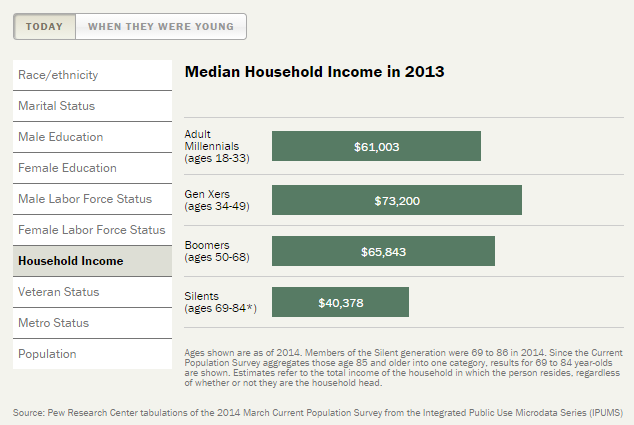From Eileen Cunniffe, writing for Nonprofit Quarterly:
GIA Blog
An extraordinary new report Building Community Through Innovation in the Arts, written by Brett Sokol and creative directed by Gavin Strumpman, has come from the John S. and James L. Knight Foundation:
In February, Carlton Turner, executive director of Alternate ROOTS, addressed the National Theater Project on the subject of racial equity in the arts:
From Alex Daniels, writing for The Chronicle of Philanthropy:
Featured in the current Reader, excerpts from a presentation on activating public space that Roberta Uno delivered at the Creative Time Summit.
The Cultural Data Project has released a new report, Bridging the Capacity Gap: Cultural Practitioners’ Perspectives on Data, which shares findings from five town hall meetings conducted as part of its ongoing conversation with cultural practitioners about how data can be used to improve the health and effectiveness of the arts and cultural sector.
The Nonprofit Tech for Good website has gathered up some research on Generation X:
From the closing plenary of the Skoll World Forum, Darren Walker, president of the Ford Foundation, spoke about The Art of Change, a new initiative that will examine the roles art and culture play in illuminating and addressing urgent issues of equity, opportunity, and justice:
Featured in the current Reader, an article by Jennifer C. Lena and Erin F. Johnston examines cultural engagement with global Muslim communities.
Twenty-six performing arts institutions from across the U.S. have been selected to take part in The Wallace Foundation’s Building Audiences for Sustainability effort a new, six-year, $52-million initiative aimed at developing practical insights into how arts organizations can successfully expand their audiences, the foundation has announced.


